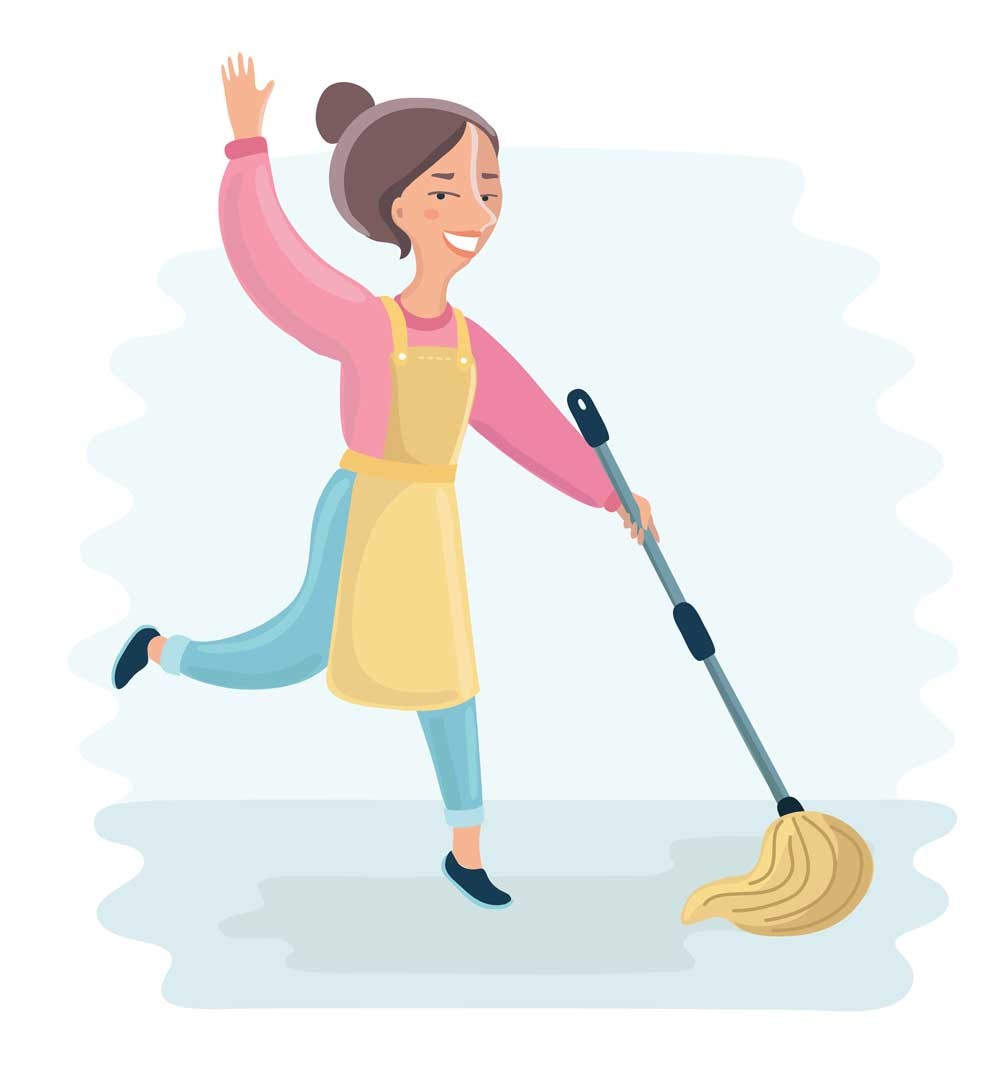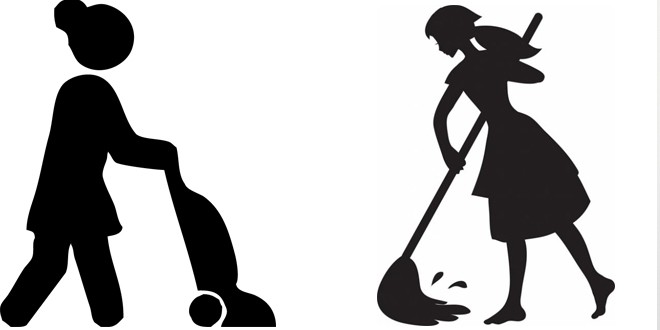Caregivers are the full-time workers or the maids that help you throughout the nursing, looking after toddlers or ageing elderly people. Families are now more inclined to provide formal care than taking care of their elder or little members of the family. Singapore is included in one of the top countries that have demanded more domestic workers as maids and caregivers. With the passing time, it’s understood that people are busy and families are unable to provide any kind of informal care for the family member who needs little extra care. However, the increasing demand for caregivers has awakened the High Commission of Singapore and now they are planning to hire more maids from different countries that would be trained as a caregiver. These caregivers are supposed to be at home, hospitals and the places where special children, toddlers and elders are found.
Caregivers are now trending in Singapore, as the increase of ageing, the demand of caregivers is also at the peak. It’s been suggested by the top welfares and domestic worker providers to consider Sri Lankan Women as caregivers for the toddlers or elderly at your home. High commission is now planning to launch a course for the maids leading to the caregiver’s training and teaching. While the high commission is giving priority to the Sri Lankan domestic workers, it’s questionable that why?
Why are Sri Lankan maids on the preference list?
As compared to the other countries such as Indonesia and Philippines, Sri Lanka is preferred to hire more employers as maids and caregivers. Other the fact that Sri Lankan women are easily available, they also possess a really good track record in the past. There are fewer complaints and more demands about Sri Lankan maids. Analysis these little facts, the government is now planning to support the training plan for caregivers by introducing the courses.
According to some authentic resources, there is more ratio of Sri Lankan Domestic works as a comparison and it’s been awarded for best domestic worker force from consecutive 5 years. They are also popular with Indian families, one of the researchers analyzed that maybe because they share same language or similarities in the culture. So, apparently, it’s easy for them to cope with Sri Lankan Maids.
How are the caregivers playing role in different niches?
Caregivers have been trained for different situations. They can get any kind of complexity during their duty, as there are adult children who are facing some kind of mental disability, toddlers, elders who are ageing and disable people. There are a lot more who needs a caretaker besides to ensure the formal care. Some of the facilities still don’t want to hire a caregiver for their parents as they believe in taking care of them on their own. However, on the other hand, as adults get busy with their jobs, families and new life challenges, they demand full-time caregiver for their parents or disable family members.
Its demand is also increasing in the hospitals as nurses can only provide first aid but can’t give a full-time duty to the patient. At the moment it caregivers taking care of the patients and providing all kind of support. Families may go through an expensive procedure while hiring a caregiver but the people who feel it’s the necessity would never give a second thought to eat.
We just have compiled some main niches in which caregivers are in demand in Singapore. Families, other employers and maids all need to know the domain carefully and stick to it without violating any rules set at the moment of hiring and contracting. Check out the common niches below in which more caregivers are required in Singapore.
1. Adult children
As both parents are busy with their jobs but obviously someone has to be with their adult children who need care on time. These children are usually fit & fine but mental level is the thing to worry about. Therefore, parents hire domestic workers to provide extra and formal care to their children and the main purpose of it is that care is provided on time without any delays. As an employer, you should be clear about the condition of your child, you are giving a huge responsibility so, don’t hesitate to share any kind of crucial condition that may not be often but it is present.
2. People with brain injuries
Brain injuries are the most critical and we don’t have to discuss it, basically, people with brain injuries are sometimes crazy or in a really crucial condition that takes the really hard to handle even by the close family members. These patients need some special care along with proper nursing by the time, so the maid is not capable of providing nursing but caregivers, if trained, can perform multiple duties. Care recipients are the people who need more attention along with lots of affection. So, one has to be patient and humble both. A caregiver right has to stay in touch with the doctor and look after to every little detail about these people.
3. People with any disabilities
Disable adults or even children also require a full-time caregiver, and this may include assisting their family member along to the events or in-house care. This is one of the most demanded categories that is the reason for the increased demand for caregivers. A worker would be performing duties that are defined by the employers related to the person or care recipient.
4. Elder members of the Family
People take elders as the most serious members. Welfares are responsible to provide better training to caregivers in order to cope conveniently with the elders. They should be respected in every way and one should take care of them as a responsible individual. Elders usually need more attention than care, they need someone beside to listen, to support and provide help when needed.
Every industry is eventually making its impact so as the domestic worker's industry. People are now believing informal care rather than wasting time with untrained maids who leads to disappointment sometimes. Ageing, technology, more working individuals and disability are the common reasons for increasing demand for caregivers in Singapore. However, authorities are constantly building strategies and researching to make it better for both employers, employees and country and to meet maximum needs of caregivers at the time.






